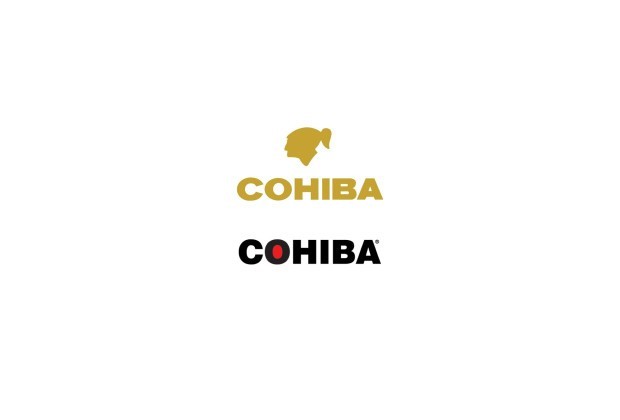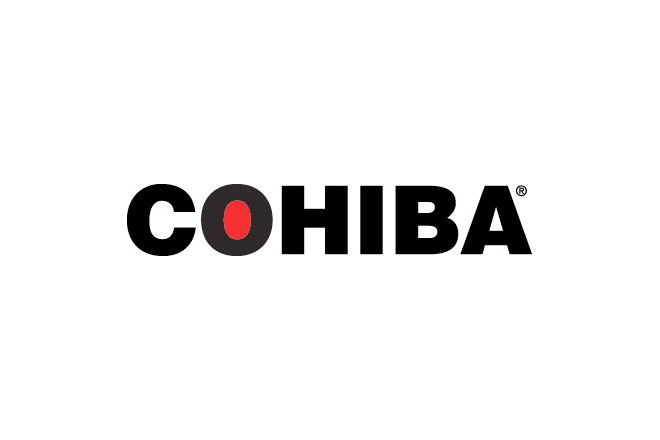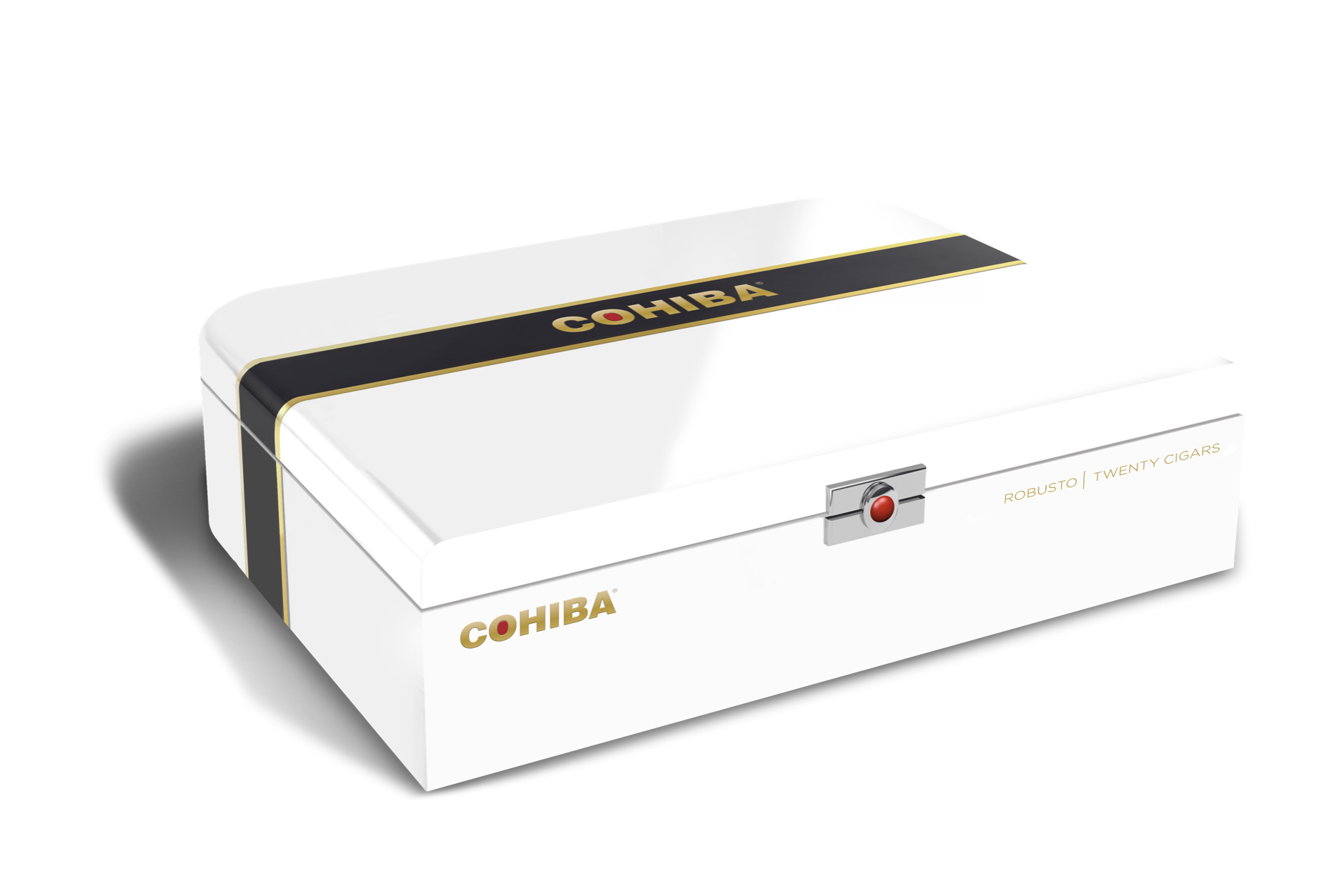General Cigar Co. lost yet another legal round in the battle over the Cohiba trademark in the U.S.
The United States Supreme Court declined to review the United States Court of Appeals for the Federal Circuit’s decision, meaning the legal fight between General and Empresa Cubana del Tabaco (Cubatabaco) is headed into its 17th year.
Both sides filed for trademarks on Cohiba decades ago, General in 1981 and 1995 and Cubatabaco in 1997. The latter’s application was cancelled due to confusion with General’s previous filing, while two filings by General are actually crucial to the case—a court ruled that the 1981 trademark’s registration had lapsed and Cubatabaco had acquired ownership in between.
That 2004 decision was overturned on appeal by the United States Patent and Trademark Office (USPTO) Trademark Trial and Appeal Board (TTAB). The court ruled that Cubatabaco had no standing due to the Cuban embargo, specifically, the court could not give property (a trademark) to a Cuban company without violating federal law, the Cuban embargo.
Cubatabaco appealed and the Second Court ruled that the TTAB needed to determine whether simply canceling General’s trademark would violate the Cuban embargo.
General appealed and lost.
In 2013, the TTAB ruled that Cubatabaco had no standing due to the fact it had no interest in the trademark; more specifically, the embargo prevented Cubatabaco from selling or marketing under the trademark making ownership of the trademark useless.
The United Sates Court of Appeals for the Federal Circuit disagreed.
It found that because the USPTO had rejected the 1997 Cubatabaco application due to confusion, therefore proving Cubatabaco had standing. It also found that the lower courts and the TTAB had not fully investigated questions over the Cuban embargo in relation to the case and ruled that the process needed to basically be started again.
General had one potential option to avoid that, having the Supreme Court grant a writ of certiorari, a legal process where the Supreme Court reviews a lower court’s decision and potentially overturns it. The Supreme Court, like it so often does, denied to grant the writ, meaning the process now moves back to the USPTO.
While nothing has formally changed yet with the embargo, the circumstances surrounding the case are vastly different than where they were a year ago. Earlier this year, President Obama announced a historic easing of relations with Cuba, with an ultimate goal of ending the embargo.
Cohiba is one of many trademarks General Cigar Co. owns that originated Cuba with others included Partagás, Hoyo de Monterrey and La Gloria Cubana.
Its main rival, Altadis U.S.A., is owned by Imperial Tobacco, who has a 50 percent stake in Habanos S.A., the global marketing company behind Cuban cigars. Altadis currently owns the trademarks to Montecristo, Romeo y Julieta, H. Upmann and others in the U.S.
If the embargo were to be lifted, the value of these trademarks will increase exponentially.
However, Cohiba is one of a few unique cases because the brand was created by the state-run tobacco company after the embargo, whereas the other aforementioned brands were established prior to the Cuban Revolution and assumed by the government after 1959.
A representative for General Cigar Co. did not return a request for comment.



